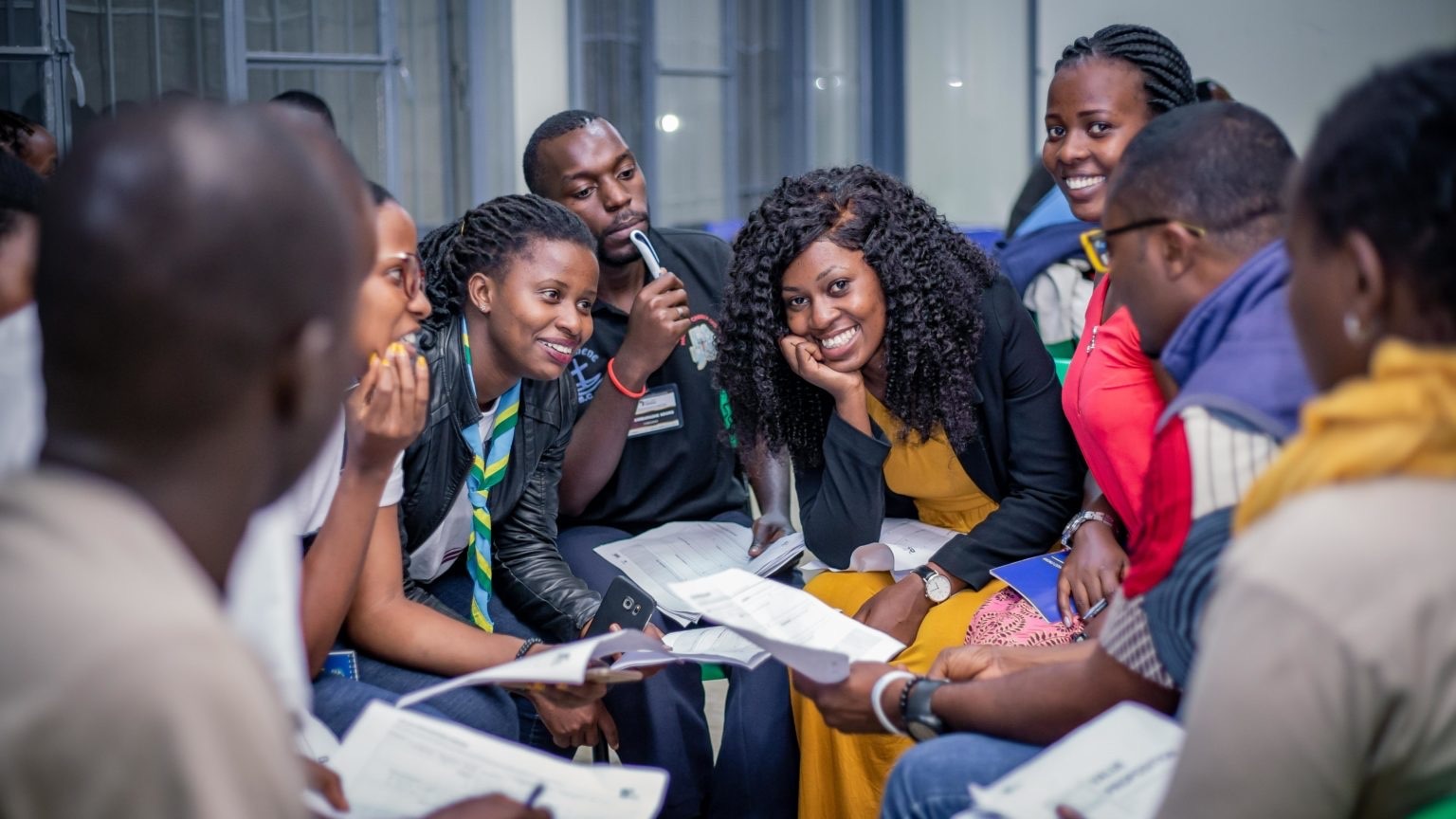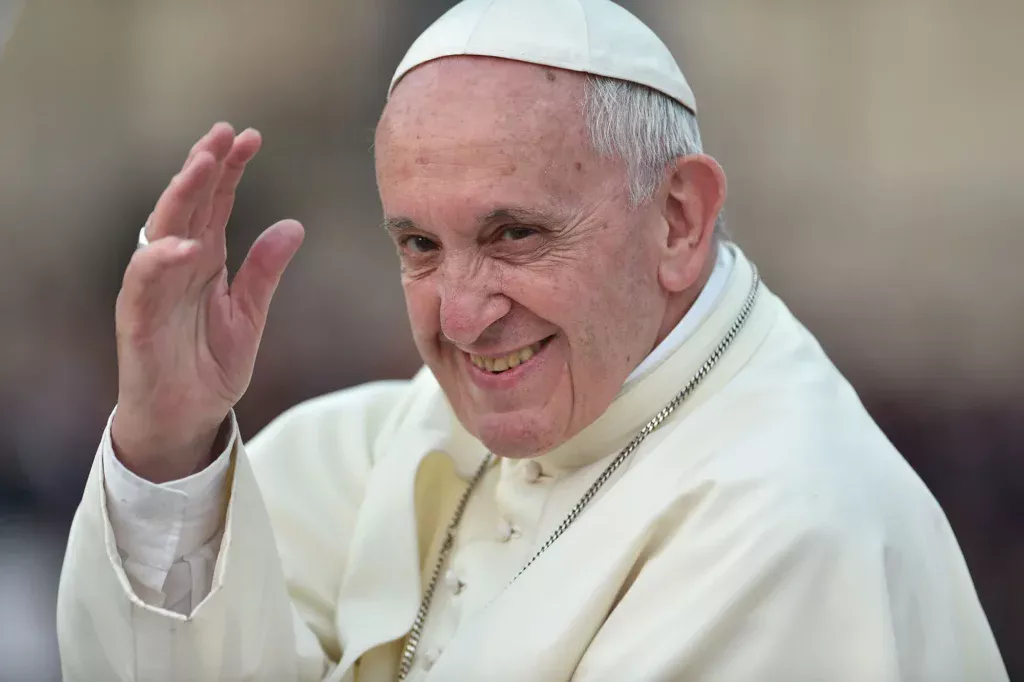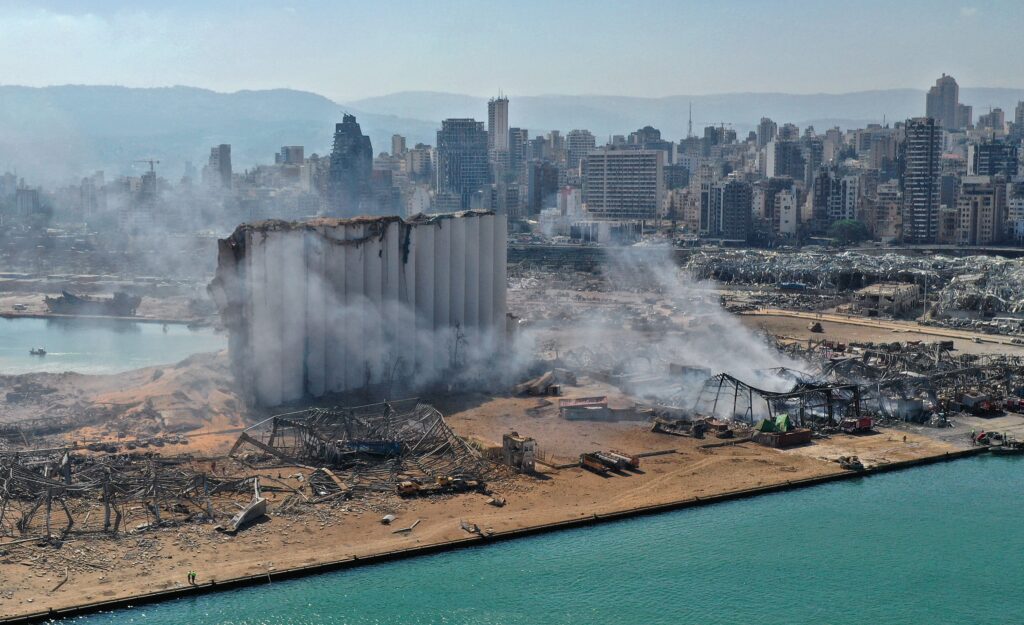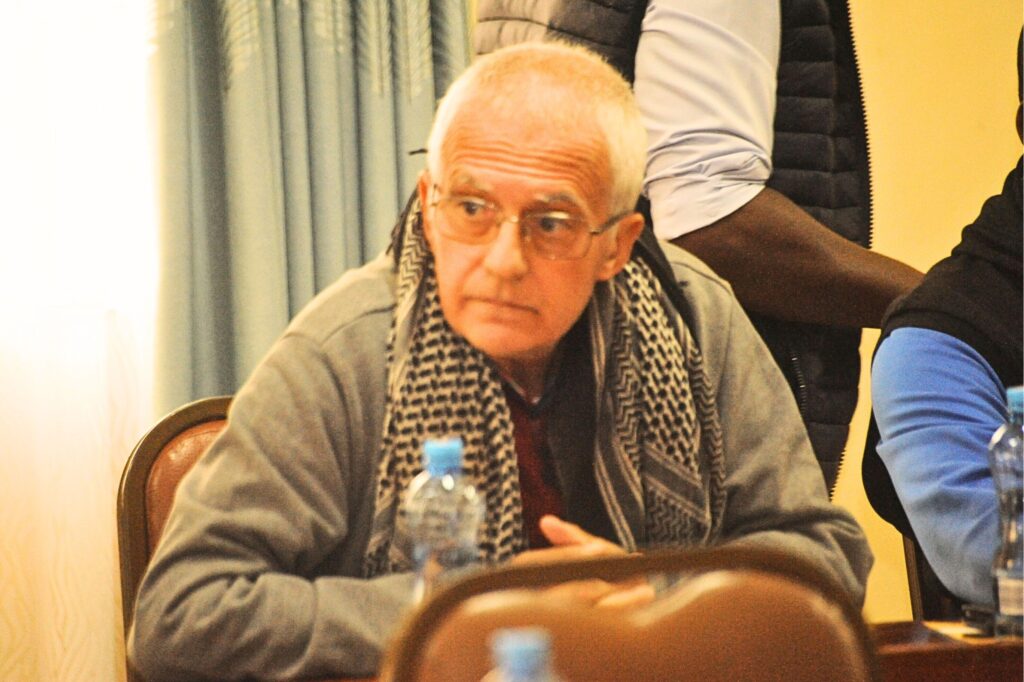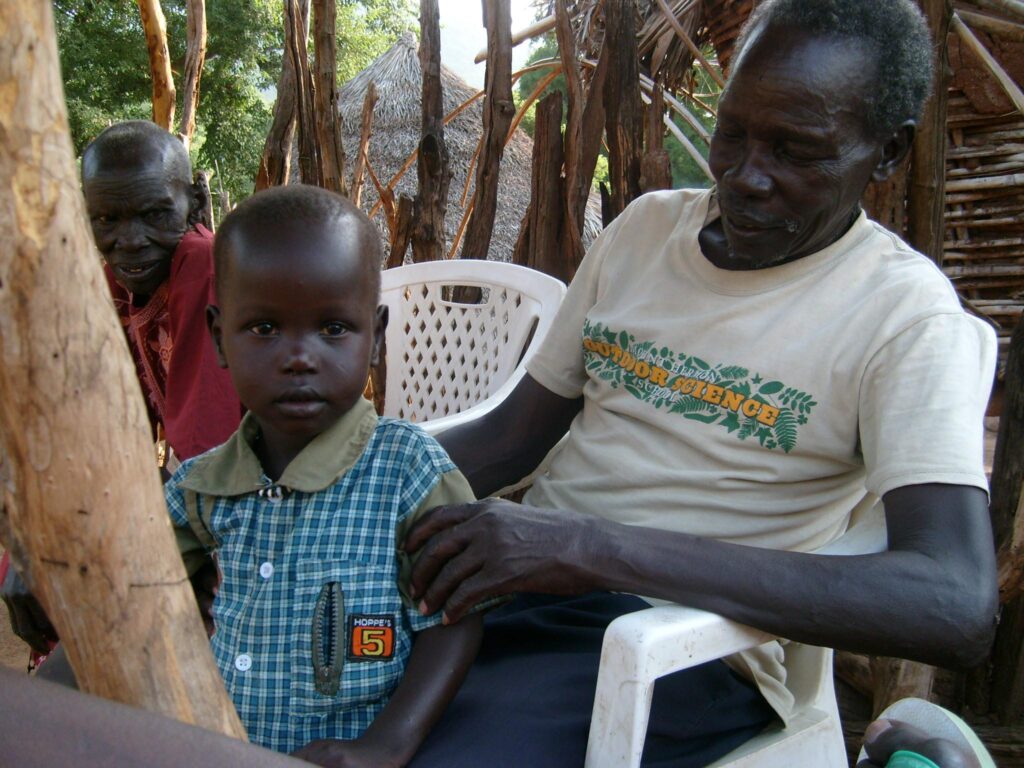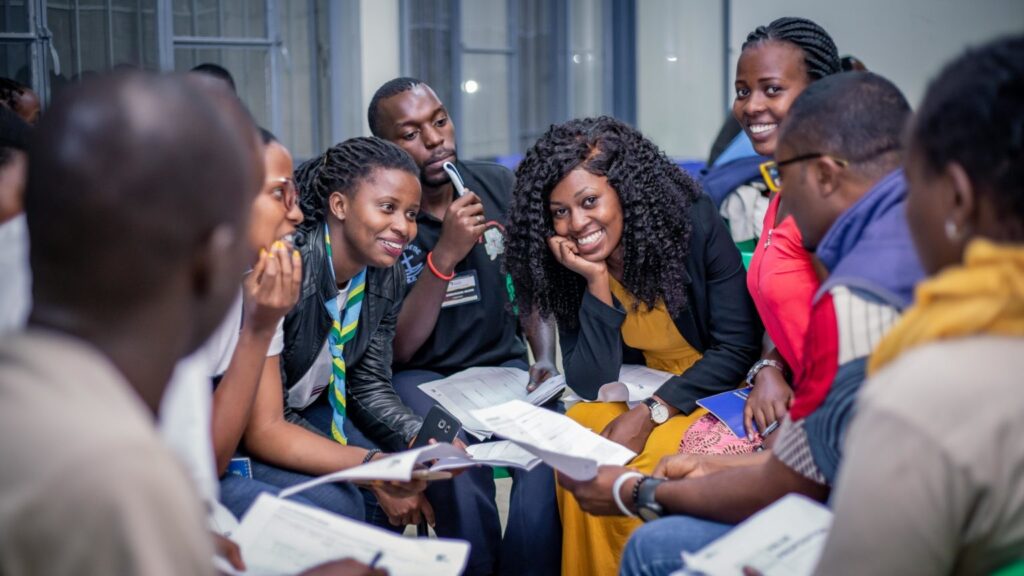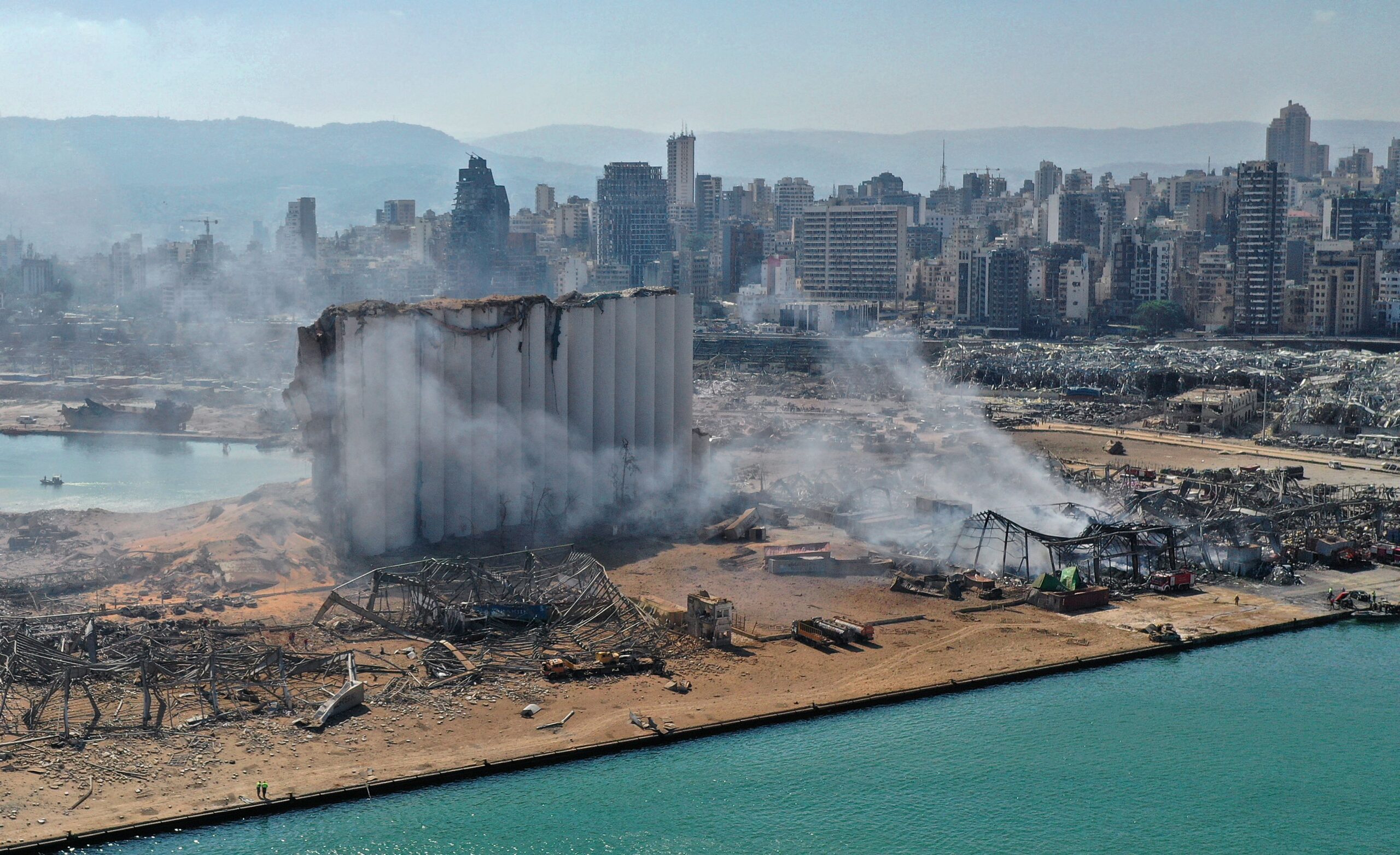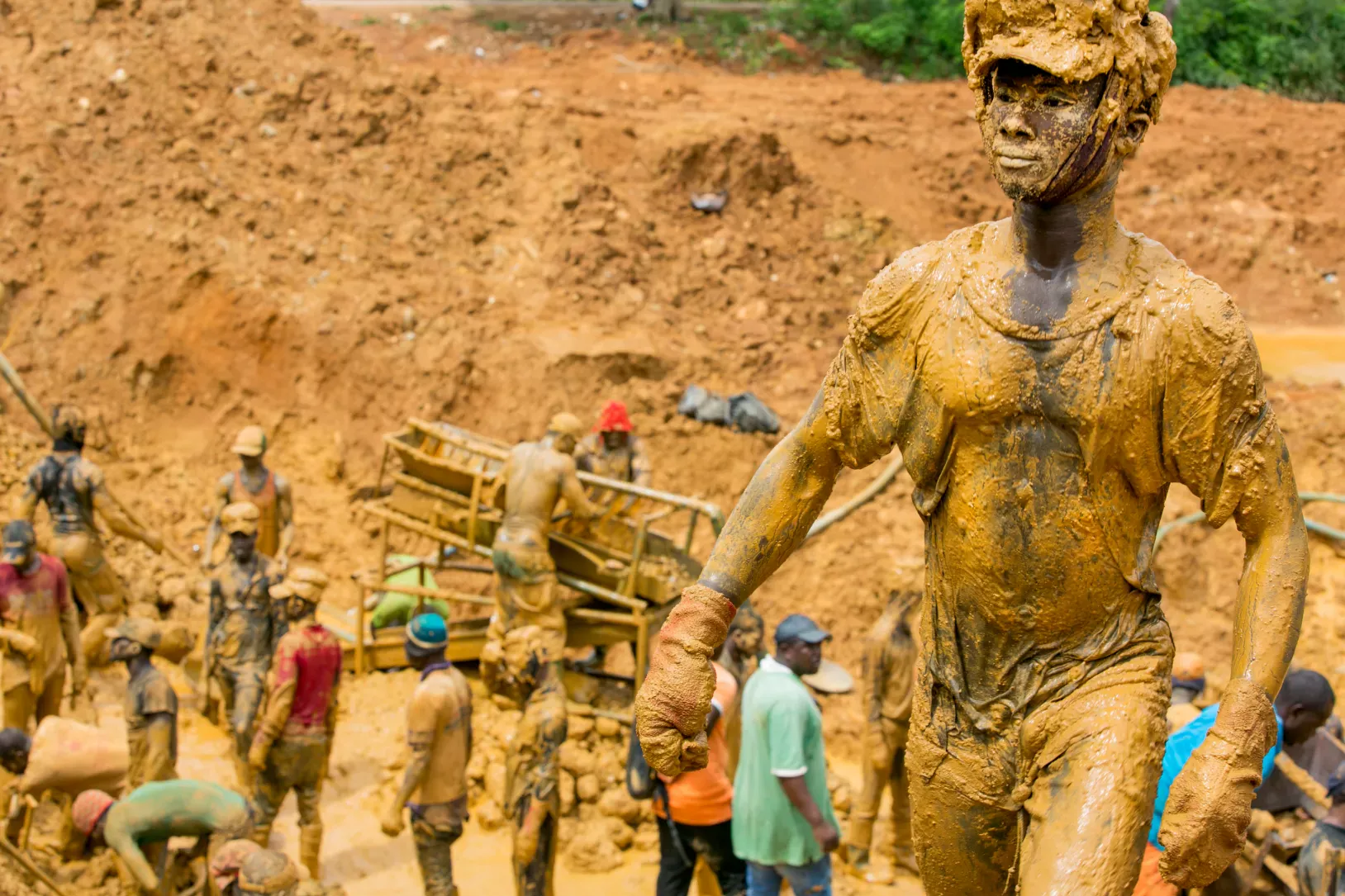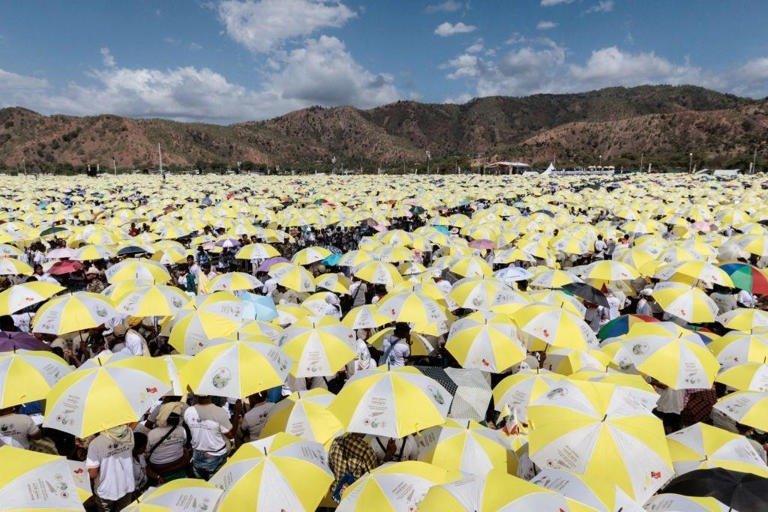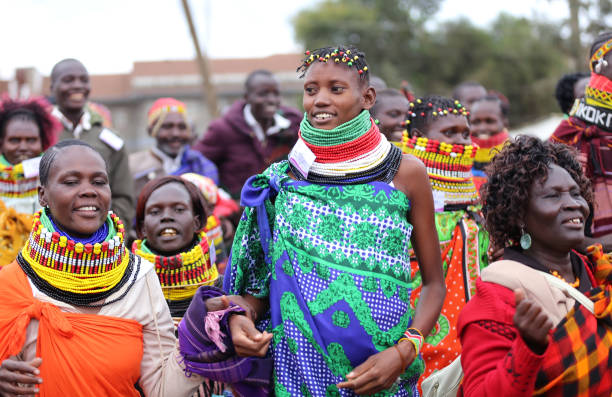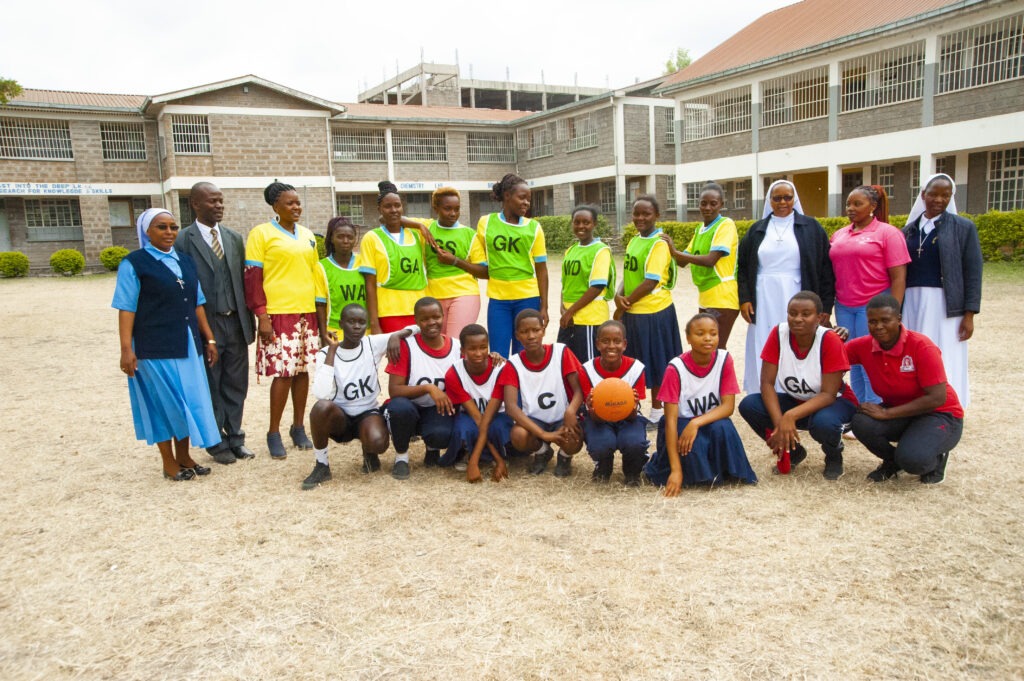On 29th April, 2024, Kenya hosted an international summit called the International Development Association for African Heads of State (IDA21). This summit’s origin dates back to the 1960s. Its’ focus is primarily on consolidating efforts among different African governments, and international partners, towards poverty reduction. To achieve this, IDA21 provides grants and low interest loans for programs that promote economic growth and reduce inequalities.
A public gathering of that nature is undoubtably critical for young people. It brings together brilliant minds from within Africa and beyond, to discuss pertinent issues affecting the continent. Furthermore, it provides opportunities for participants to share ideas and learn from seasoned experts on matters that are of essence to the development of the continent. Therefore, it was edifying to witness young minds like Ndidi Okonkwo Nwuneli, co-founder of AACE foods, and Sellah Bogonko, a representative from JacobsLadder Africa, giving their insights on critical matters during the summit.
However, there was a disheartening aspect: these young minds were denied sufficient time and space to articulate their experiences and what other young Africans are expecting from their leaders. Sellah Bogonko who had prepared a three-minute speech, had to rush through her conclusion due to time constraints. Certainly, delegates at such events tend to have side chats and share notes outside formal meetings. However, denying young people enough time and space during such high-level summits is very regressive and claws back gains in youth involvement in public matters.
Barely a day after IDA21 summit, Kenya’s president, William Ruto, hosted two other high level summits; the Africa Fertilizer and Soil Health Summit and Mediation for peace in South Sudan called Tumaini Initiative. At the Africa Fertilizer and Soil Health Summit for example, delegates and government heads were expected to sign and adopt a 10-year Action Plan giving recommendations on the actions to be taken by African governments. Owing to the nature of these two meetings, one would assume that young people were among keynote speakers. Unfortunately, their voices remained conspicuously absent. How can we speak of celebrating young people if their perspectives are missing in such critical moments?
African is home to over a billion people and a momentous portion of this population is significantly young. On the one hand, this is reason enough to celebrate. On the other hand, the demographics representing young people in Africa are an invitation to different policy makers across the continent, to deliberately engage the youth in productive ways; giving them ample time and space in public conversations. Young people cannot just to be mere spectators in public matters. They must be engaged and it is in doing so that they can be celebrated.
Therefore, celebrating the youth in Africa is a call for leaders to create an enabling environment for them to express themselves. Acknowledging the fact that, young people need more than an invitation to participate in public spheres. They need time and space to tell their stories, share their dreams, aspirations and challenges. We cannot speak of engaging the youth-celebrating the youth in Africa, if their presence, their voices get narrowed down to giving votes of thanks or summarized speeches on matters affecting their future.
Fr. Christopher Silwembe, Mccj

